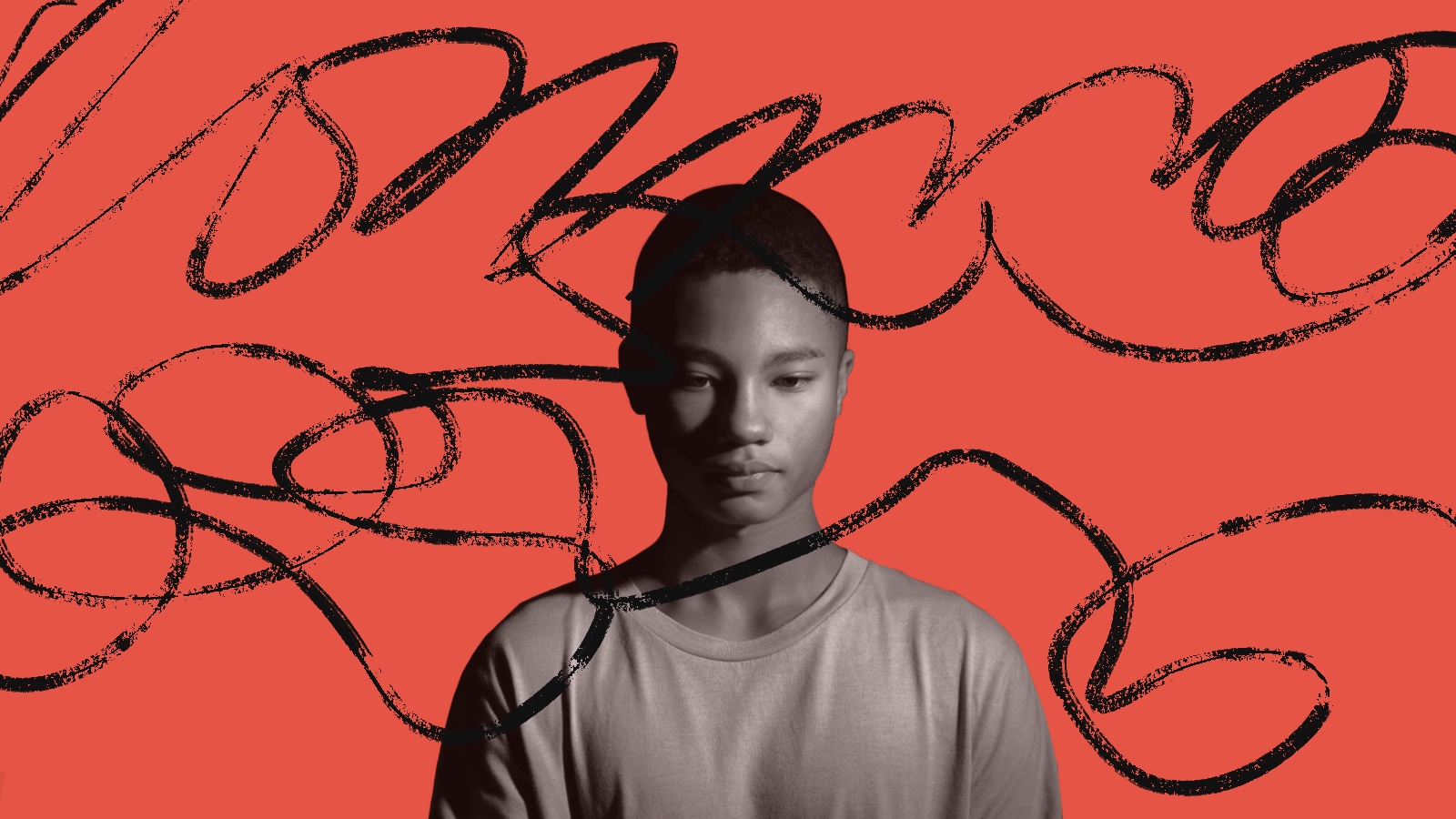Is it OK for Men to Feel Sad?

The obvious answer is yes, of course. But they often do not show it. Crying is the universal indicator that a person is in emotional or physical pain, but men are far less likely to cry than women. More often than not, they are often derided if they do.
The gendered notion that crying is for sissies (read: women) is not an entirely modern phenomenon. While there are plenty of biblical and historical examples of men crying — from “Jesus wept” (John 11:35) to Walker Cronkite’s on-air breakdown after JFK’s assassination — unless you are Roger Federer losing for the umpteenth time to Nadal, the male cry is usually met with uneasiness. Oftentimes, it’s interpreted as weakness, which is, in turn, interpreted as womanly. Even Laertes admits that when he is done shedding tears for Ophelia, his “woman will be out” (Hamlet, Act 4, Scene 7).
The male cry is usually met with uneasiness.
In her famous TED Talk on vulnerability, shame researcher Brene Brown tells the story of a man who came to her book signing and asked why she didn’t study men. When she asked why he thought it was “convenient” that she didn’t, he tells her point blank, “When we [men] reach out and be vulnerable, we get the shit beat out of us.”
It’s a telling cultural inconsistency — we encourage men to open up about their feelings, just not too much, because then that’s bad. It’s a gendered logic that often excludes men from conversations on trauma, war, sickness, death — pretty much anything terrible that happens to people of all sexes. Dan Bell, editor of insideMAN: Pioneering Stories About Men and Boys notes that when men do try to express their feelings to one another in a safe space, they are often met with a “deep-seated fear” that if “they are allowed to talk by themselves about their own experiences, in ways that come naturally to them as men” they will do so in ways that are “sexist” or “reactionary.” The resulting attitude is a lose-lose: If men choose to share their vulnerabilities, then they are not taken seriously, or worse, perceived as imposing for wanting to share their feelings.
It’s a telling cultural inconsistency — we encourage men to open up about their feelings, just not too much, because then that’s bad.
The anxieties surrounding male crying speak to our conflicting perceptions of gender’s relationship to power, hierarchy, and hegemony. Yet, in the end, we are all human and humans are the only animals that shed tears, after all.
***
Daphne Muller is a New York City-based writer who has written for Salon, Ms. Magazine, The Huffington Post, and reviewed books for ELLE and Publishers Weekly. Most recently, she completed a novel and screenplay. You can follow her on Instagram @daphonay and on Twitter @DaphneEMuller.
Photo courtesy of OZAN KOSE / Stringer





